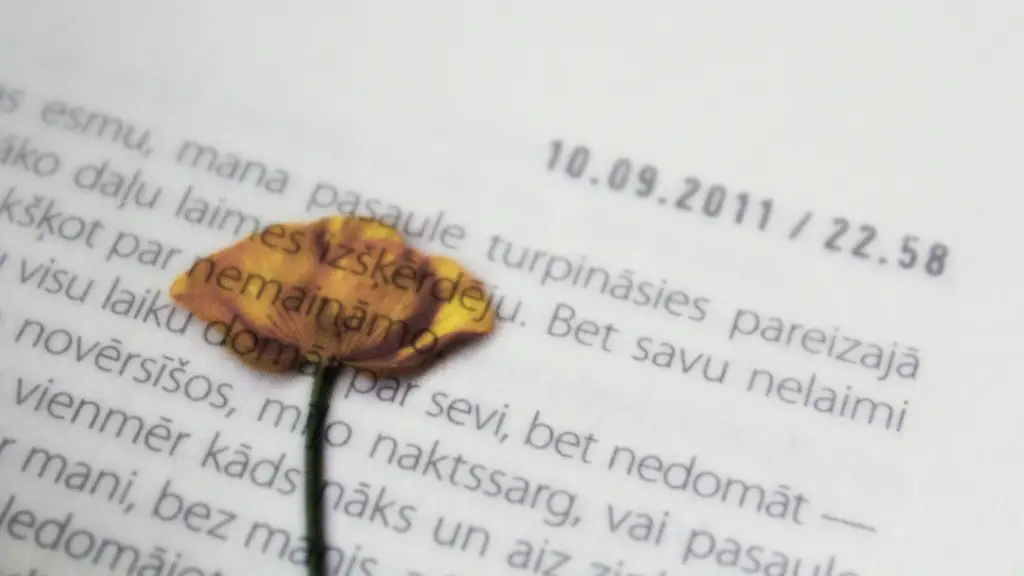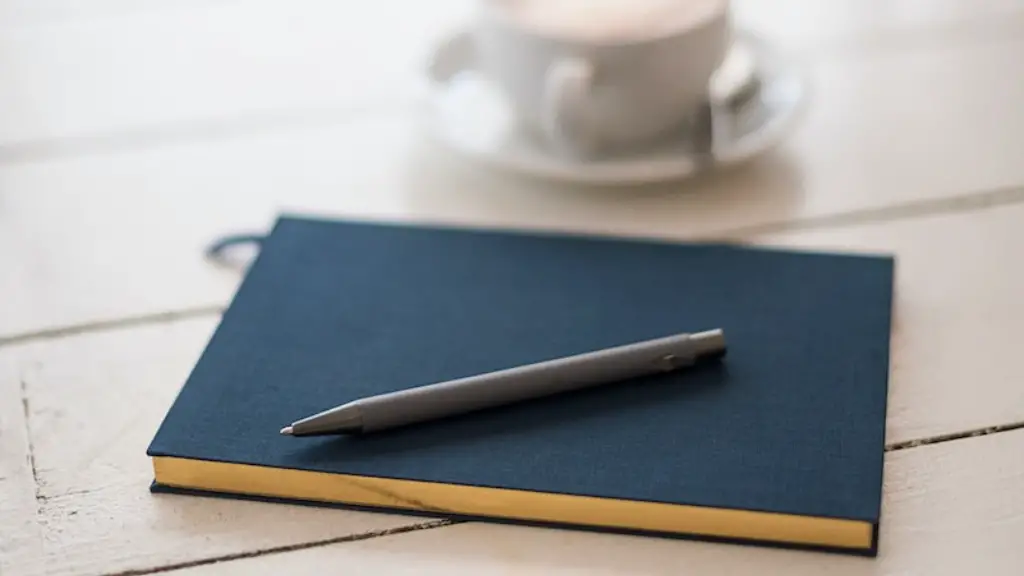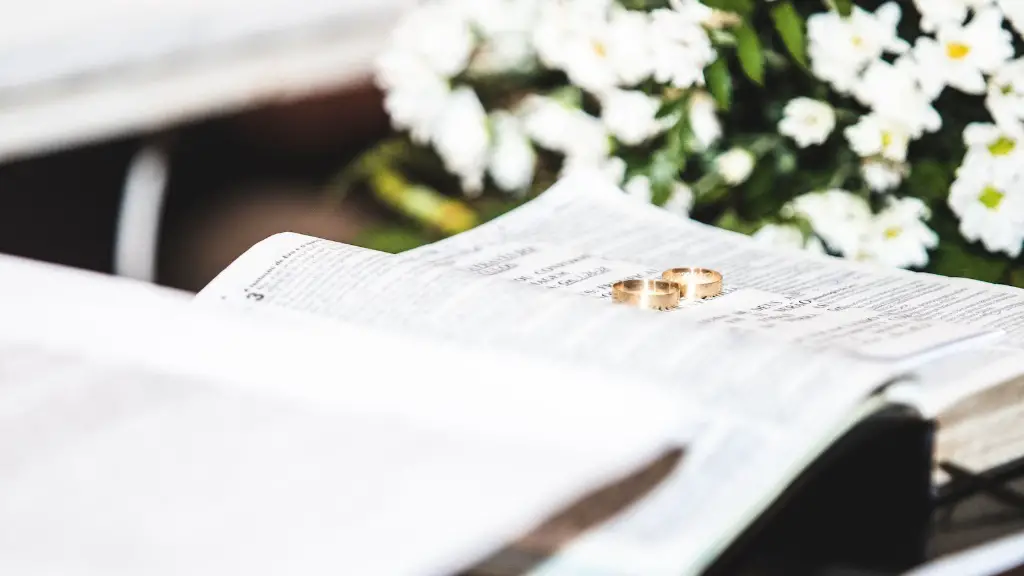Choose Your Inspiration
Writing poetry is an exercise in creativity and vulnerability. It can be intimidating to look deep within your own soul and create something that reveals a piece of yourself. But if you look for inspiration beyond yourself, it will help you formulate your own ideas. Setting an intention for your poetry can bring structure to your writings. What emotion or experience do you want to explore? An incredibly useful inspiration is the prompt method-choose an image, an emotion, or even a single word-and let it propel you to start writing.
Set the Right Atmosphere
Creating an ambient atmosphere for writing can calm your mind and help you focus. Put yourself in an environment that inspires you: a place with natural light and comfortable seating. If you find that music helps you more, pick melodies that lift your spirits and focus your thoughts. Establishing a routine is also important-creating time in your day specifically dedicated to creativity can help you stay consistent.
Play With Syntax and Structure
Language is powerful-play with it! Experiment with the flow and structure of your words. It can be easy to get comfortable writing in a particular style and sticking with it, but if you’re looking to build your poetic skills, branching out is essential. Try writing a poem where each line embodies an image or emotion, or look into running meter and rhyme schemes to make your words easier to digest.
Brainstorming
Before you start writing a poem, let your thoughts flow freely. Start with a blank page and write the first word that comes to mind. Then, start building on that thought and let the ideas naturally connect. Brainstorming allows you to conjure up new concepts that can be developed further-which is essential for a poem’s structure and content.
Verse and Stanza
Take your first draft of the poem and structure it into verses and stanzas. This will give you an idea of how the poem will look on paper, and will also help you refine the details and the flow. If your poem finds its way off certain tracks, decide whether those deviations are essential to the overall story.
Read Out Loud
Once you have finished your poem, take a step back and read it out loud. Doing so will enable you to pick up on any mistakes that you may have missed while writing. It is also a great way to evaluate the rhythm and melody of your work.
When you feel like your poem is ready, share it with someone whose opinion you trust. This could be a friend or even an online writing group. You could also join a poetry reading and share your work with an audience. Doing so can give you an idea of how other people see and interpret your poem.
Seek Professional Advice
If you want to learn techniques for improving your poetry, a writing mentor is an invaluable asset. They can provide feedback and constructive criticism, teach you about technical elements such as meter, and answer any questions that you may have.
Write, Write, Write
Writing poetry involves a lot of practice and dedication. The more you write, the more adept you will become. Once you have the basics down, find your own style and start expressing yourself.
Study Other Poets
Reading poetry helps you understand how different poets use words as tools to create. Understanding the structure of different types of poems can also be beneficial, as they may help you make better choices in your own writing.
Analyze Your Emotions
Writing poetry is a form of self-expression. Therefore, it is important to pay attention to your emotional state when writing. This can help you create stories that are relatable and emotionally powerful.
Experiment With Imagery
Using imagery is a great way to make your poem come alive. People are moved by visuals-incorporating meaningful images can add depth and clarity to your poems. Playing with visual metaphors can also help to evoke powerful emotions.
Look Into Poetry Contests
Research poetry contests online and consider submitting your work. Not only is this an excellent way to get feedback and recognition, but it can also give you an extra push to write the best poem possible.



